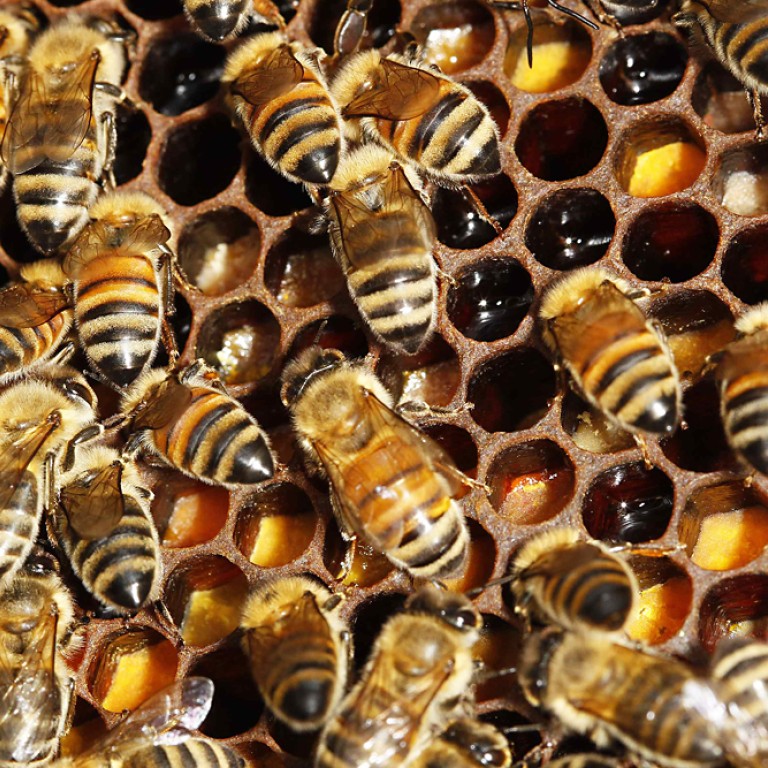
EU survey finds its bees in far better shape than was feared
A pioneering EU survey of the impact of pests and diseases on honey bees found death rates were lower than feared, in part countering concerns about the collapse of colonies of the crop-pollinating insects.
A pioneering EU survey of the impact of pests and diseases on honey bees found death rates were lower than feared, in part countering concerns about the collapse of colonies of the crop-pollinating insects.

The winter of 2012-13 was particularly cold and the highest mortality rates were in northern countries with harsher climates.
During the beekeeping season, when the insects were active, mortality rates were between 0.3 per cent and 13.6 per cent.
"It is the first major study of pests and diseases that affect honey bees. A lot of it seems very encouraging," Tom Breeze, a specialist in bees at the University of Reading in Britain, said.
Breeze was not involved in the study, which was made public on Monday.
By comparison, United States beekeepers lost nearly a third of their colonies last winter as part of a largely unexplained decline in the population that could affect food supplies.
Environmental campaigning group Greenpeace welcomed the study as far as it went, while saying that it left out analysis of the impact of pesticides and changes to biodiversity.
Last week, the Red List of the International Union for Conservation of Nature found that almost a quarter of Europe's wild bees were at risk of extinction because of loss of habitat and climate change.
The European Commission said indicators showed wild bees, closely related to the honey bees and also key pollinators, were in "a worrying decline".
It has banned the use of certain pesticides, known as neonicotinoids, suspected of harming bees. They are produced mainly by Germany's Bayer and Switzerland's Syngenta.

